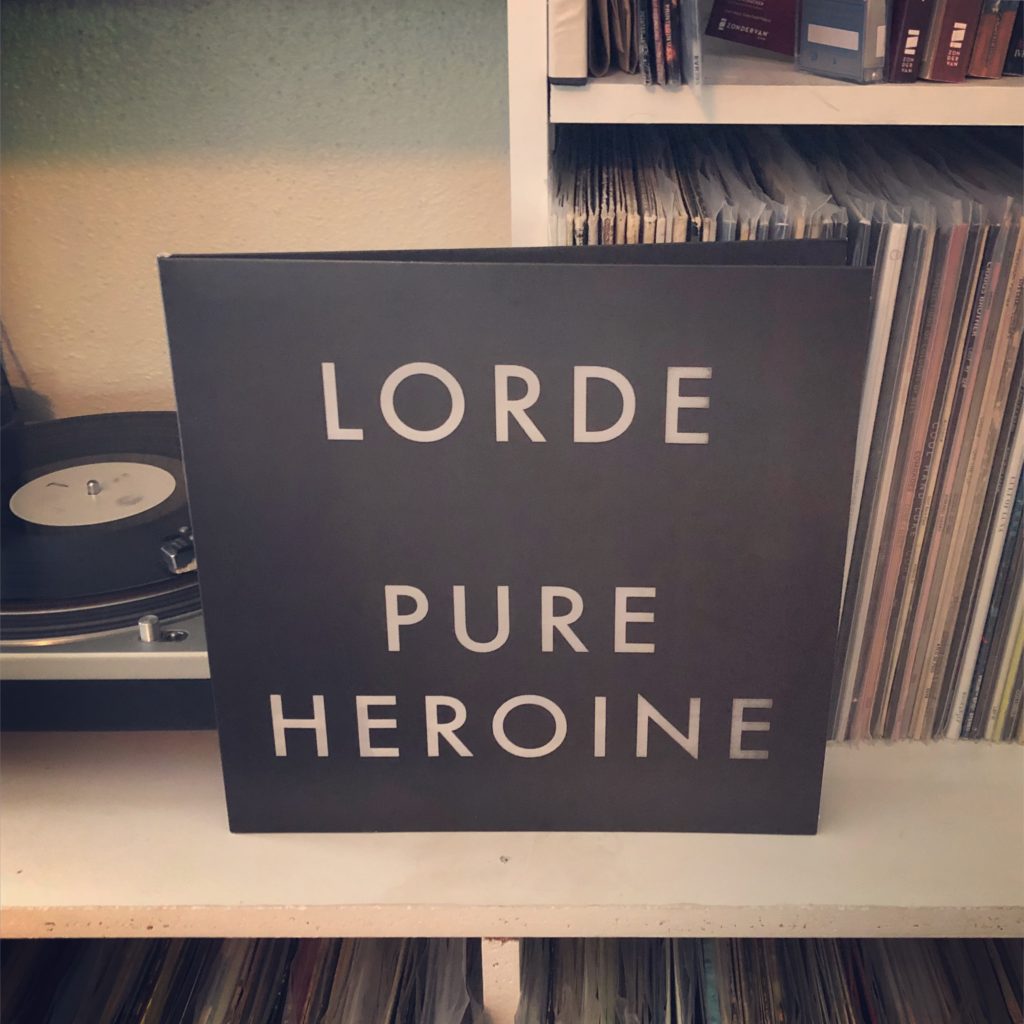 Pop music and I have a tenuous relationship. I have tried for years to be a better poptimist, letting myself get lost in the catchy singalongs and feel-good beats. But I’ve never been able to shake the feeling that most pop music is just vapid and corny.
Pop music and I have a tenuous relationship. I have tried for years to be a better poptimist, letting myself get lost in the catchy singalongs and feel-good beats. But I’ve never been able to shake the feeling that most pop music is just vapid and corny.
But every once in a while, a pop singer will rise from the din of mass-produced hacks and sugar-coated copycats to create something truly special.
Michael Jackson was one of them. Lady Gaga is another. And now, we have Lorde.
Released when she was just sixteen, you could forgive Pure Heroine for some juvenile tendencies—except for the fact that this is a more mature album than most pop singers twice her age churn out.
She has an insight that stretches far beyond her years, ruminating on fear of aging, a distaste for fame, and the simple luxuries of being a kid in the lower class. Her songs conjure vignettes from youth as readily as any John Hughes film. There are house parties when mom and dad are out of town. A city’s lights sprawl beneath an airplane like veins. A group of friends scrounges for cash on their way to a party. A friend’s hair catches fire. There are lazy days by a pool trying to ignore a war blaring on the television.
Even without taking a deep dive into the lyrics, Pure Heroine still an immensely rewarding record. Lorde’s voice is an absolute powerhouse. Even if this album weren’t so great, her voice alone would cement her as a top-tier pop star.
But what makes this album so great is Joel Little’s production. Where most pop music is overloaded with neon brightness, this record is dark and minimalist, more The xx than Britney Spears. Most of the songs don’t have much more than a drum machine, a bass line, a simple synth line, and a few vocal tracks—and to great effect.
And whether this is a Great Album or not, you can’t deny that since Pure Heroine, pop music has shifted a few shades darker. Whether it started that trend or not, I think we’re all a little better for Lorde forming pop music in her own image.